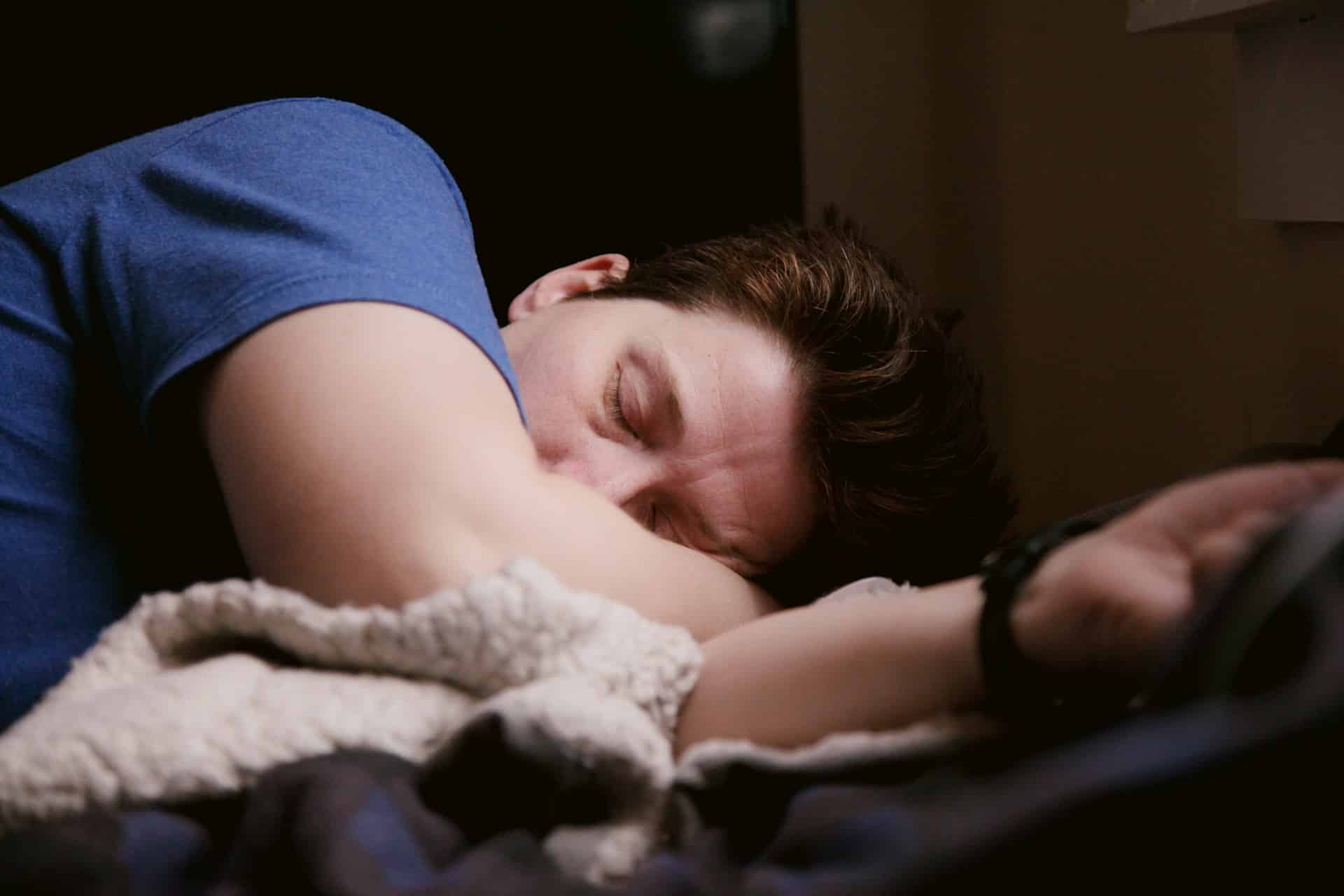Monday morning hits differently when you’ve actually slept, and slept well. Tasks that usually drag suddenly feel manageable, ideas flow without forcing them, and coworkers seem less annoying. The difference between a good and bad workday often starts the night before, not when your alarm goes off. Yet most people treat sleep like wasted time, something to minimize so they can squeeze more “productive” hours from each day. They’ve got it completely backwards.
The Science Behind Sleep and Performance
Sleep isn’t downtime for your brain. It’s when critical maintenance happens. Information gets filed, toxins get flushed out, and neural pathways strengthen based on what matters. Lying back on your twin mattress starts the processes that determine how well you’ll function tomorrow.
Scientists have tracked performance after normal sleep versus sleep deprivation and found significant differences in response times and creative problem-solving. Brain scans revealed why: regions responsible for focus and decision-making barely activated in tired subjects.
The Impairment Nobody Talks About
Staying awake for 17 hours creates impairment equivalent to a blood alcohol level of 0.05. Push it to 24 hours and you’re at 0.10, over the legal driving limit. Companies fire people for showing up drunk but celebrate all-nighters. Same impairment, different response.
This cognitive decline costs real money. Sleep deprivation drains $411 billion annually from the U.S. economy through presenteeism: people physically present yet mentally checked out.
How Poor Sleep Sabotages Your Focus
Coffee creates an illusion of alertness without providing actual rest. Your prefrontal cortex needs genuine sleep to handle complex thinking. Without it, simple emails require multiple drafts. Routine decisions feel overwhelming. That thirty-minute task stretches to two hours with zero progress.
The Emotional Toll on Work Relationships
Exhaustion turns normal people into workplace nightmares. Patience evaporates and small frustrations trigger massive overreactions. Studies found tired employees start more conflicts and damage team morale. One sleep-deprived person can tank an entire department’s atmosphere.
Memory and Learning Take the Biggest Hit
Your hippocampus consolidates memories during sleep. Skip that process and information never properly stores. Training sessions become pointless and important conversations fade within hours. Those expensive seminars only stick if you sleep afterward.
The Productivity Gains from Better Rest
Forward-thinking companies discovered employees who sleep more accomplish more. Google’s nap pods aren’t perks; they’re performance tools. Even twenty-minute naps can improve alertness among a workforce.
Regular eight-hour sleepers outperform six-hour sleepers across every metric. They solve problems faster, generate creative solutions, and maintain focus longer. Salespeople close more deals. Developers ship cleaner code.
The Multiplication Effect
Good sleep creates positive outcomes. Rested employees communicate clearly, preventing misunderstandings. They spot problems before they become crises. One well-rested team leader transforms department dynamics. Projects run smoother and turnover drops.
Final Thoughts
Treating sleep as luxury rather than necessity costs money, opportunities, and advancement. Your brain cannot perform optimally without rest. No productivity system overcomes sleep deprivation, companies recognizing this see improvements in output and satisfaction. Prioritizing sleep might be the easiest way to boost professional performance. Those eight hours aren’t lost productivity; they’re an investment paying returns every waking hour.
Image: https://unsplash.com/photos/woman-in-blue-shirt-lying-on-bed-hfvFunLkFgg (Unsplash)
Meta: How does quality of sleep impact productivity? In this guide, we explore the link between the two. Read more here.
Is There a Connection Between Sleep Quality and Productivity?
Monday morning hits differently when you’ve actually slept, and slept well. Tasks that usually drag suddenly feel manageable, ideas flow without forcing them, and coworkers seem less annoying. The difference between a good and bad workday often starts the night before, not when your alarm goes off. Yet most people treat sleep like wasted time, something to minimize so they can squeeze more “productive” hours from each day. They’ve got it completely backwards.
The Science Behind Sleep and Performance
Sleep isn’t downtime for your brain. It’s when critical maintenance happens. Information gets filed, toxins get flushed out, and neural pathways strengthen based on what matters. Lying back on your twin mattress starts the processes that determine how well you’ll function tomorrow.
Scientists have tracked performance after normal sleep versus sleep deprivation and found significant differences in response times and creative problem-solving. Brain scans revealed why: regions responsible for focus and decision-making barely activated in tired subjects.
The Impairment Nobody Talks About
Staying awake for 17 hours creates impairment equivalent to a blood alcohol level of 0.05. Push it to 24 hours and you’re at 0.10, over the legal driving limit. Companies fire people for showing up drunk but celebrate all-nighters. Same impairment, different response.
This cognitive decline costs real money. Sleep deprivation drains $411 billion annually from the U.S. economy through presenteeism: people physically present yet mentally checked out.
How Poor Sleep Sabotages Your Focus
Coffee creates an illusion of alertness without providing actual rest. Your prefrontal cortex needs genuine sleep to handle complex thinking. Without it, simple emails require multiple drafts. Routine decisions feel overwhelming. That thirty-minute task stretches to two hours with zero progress.
The Emotional Toll on Work Relationships
Exhaustion turns normal people into workplace nightmares. Patience evaporates and small frustrations trigger massive overreactions. Studies found tired employees start more conflicts and damage team morale. One sleep-deprived person can tank an entire department’s atmosphere.
Memory and Learning Take the Biggest Hit
Your hippocampus consolidates memories during sleep. Skip that process and information never properly stores. Training sessions become pointless and important conversations fade within hours. Those expensive seminars only stick if you sleep afterward.
The Productivity Gains from Better Rest
Forward-thinking companies discovered employees who sleep more accomplish more. Google’s nap pods aren’t perks; they’re performance tools. Even twenty-minute naps can improve alertness among a workforce.
Regular eight-hour sleepers outperform six-hour sleepers across every metric. They solve problems faster, generate creative solutions, and maintain focus longer. Salespeople close more deals. Developers ship cleaner code.
The Multiplication Effect
Good sleep creates positive outcomes. Rested employees communicate clearly, preventing misunderstandings. They spot problems before they become crises. One well-rested team leader transforms department dynamics. Projects run smoother and turnover drops.
Final Thoughts
Treating sleep as luxury rather than necessity costs money, opportunities, and advancement. Your brain cannot perform optimally without rest. No productivity system overcomes sleep deprivation, companies recognizing this see improvements in output and satisfaction. Prioritizing sleep might be the easiest way to boost professional performance. Those eight hours aren’t lost productivity; they’re an investment paying returns every waking hour.







